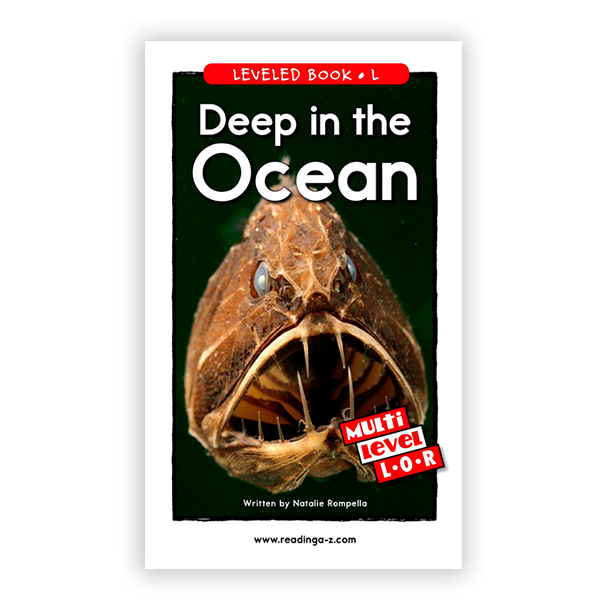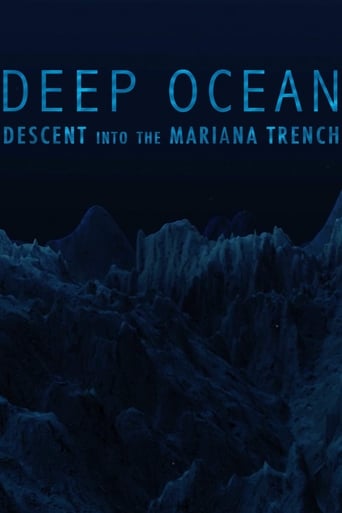

He’d pick me up at birthday parties drunk, or he’d put on a good show if a friend spent the night. We lived in a small town, and my father’s drinking wasn’t always contained. At the time, thick as we were with shame, the enemy looked like other people. A gentler man than he would be hard to imagine. “You had a common enemy to fight against.” Maybe, but none of us ever thought my dad was the enemy. One friend of mine, who does not get along with his family, tried to explain our closeness. My siblings and I remain uncommonly close even as adults. We drink the dead, and, even past the point of dead, something so fermented it lives again in those of us who swallow these spirits. Ghosts are exactly what we’re buying at the liquor store. When my oldest daughter was eight-near the same age I was when I watched my parents’ parties-she and I drove past a sign, “Spirit Shoppe.” “For a minute,” she said, “I thought we could buy a ghost there.” A sudden dawn. Then a feeling of sinking under and down. We’d hear the quiet of him trying not to make a sound, gulping Gilbey’s. From the living room, watching TV, we’d hear the pantry door open. He drank gin from a bottle he’d hidden in our woodpile or in the pantry under the stairs, or underneath the kitchen sink. He nestled cans of Schlitz between his thighs on car rides. There were non-parties too, and my father continued to drink. We’d enjoy a breakfast from a leftover cheese-and-cracker plate, or a bit of cake, while my father sat frozen, trying not to move his head, his eyes, petting the family bunny or dog as if it were the only friend he had in the world. In the cranky sunlight of morning, we felt fine. My mom says I’d often ask, “Can I please go to bed now?” Like getting drunk, it was fun until it wasn’t. We could dance with the adults enough of them were jolly rather than blitzed. We could help ourselves to anything-whipped cream, the barn roof, tonic water. Watching adults act wild meant we had total freedom. It wasn’t unusual for our small house to be packed with people from all over the world, lovers of books, music, theatre, and art. The Digest had editions in forty countries.

Deeper than the ocean book free#
We were unseen, free to observe uncles stumbling down staircases, visiting editors sleeping on the living-room floor. He was noticing things.Īt the parties my parents threw, we also noticed things. We did understand, but my dad wasn’t really talking to us. He asked my sister and me, “Do you understand what a great artist your brother Andy is?” Yes, we nodded. Moments later, a searing passion would consume him. He would drink, and he would strum “We’ll Build a Bungalow” on a banjo that he had carried home from the Korean War.

Trimming others’ words, my father was loaded with language. Our father was an editor at Reader’s Digest. Everyone drove, and the ditch, streetside, late at night, was an exciting place to be: dishevelled clothes, jealous brawls, dirty songs at 2 a.m. Seeing them off on their drunken way home. My siblings and I would help drunk adults push wobbly cars out of that ditch and back up onto the road. There’s a ditch at the end of our driveway that consistently swallowed vehicles heading home after parties at our house.


 0 kommentar(er)
0 kommentar(er)
